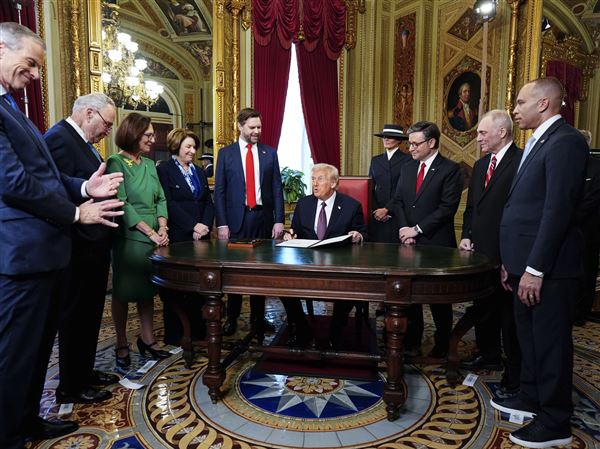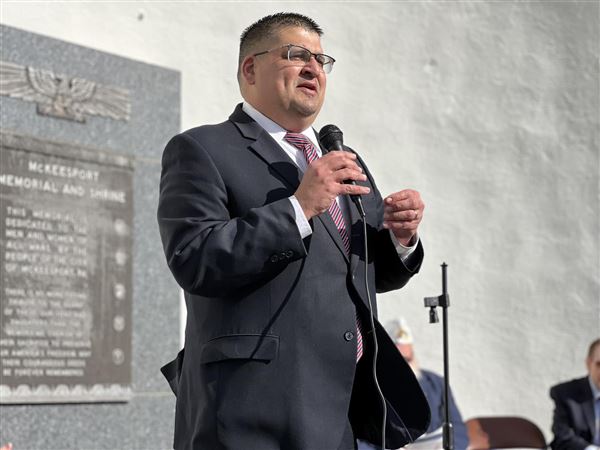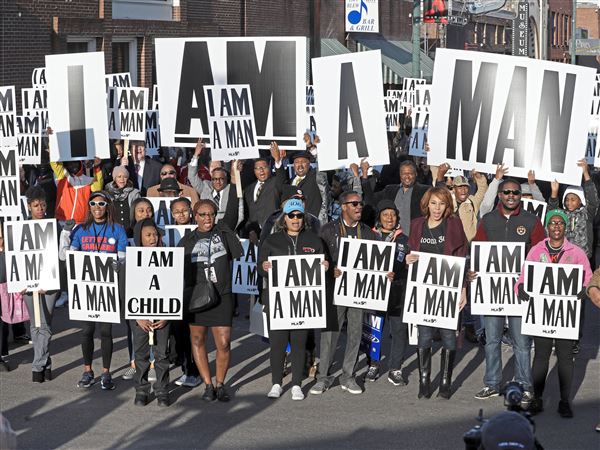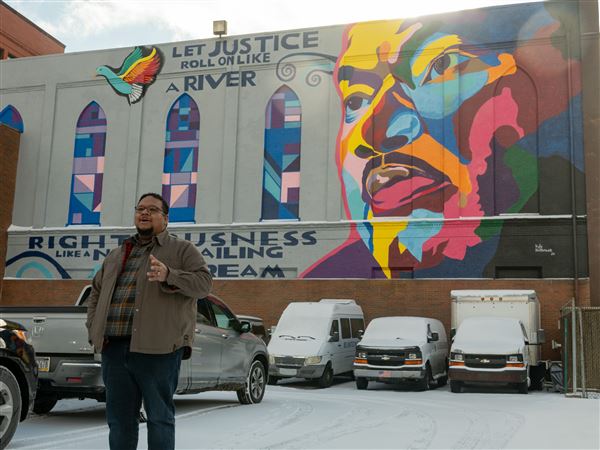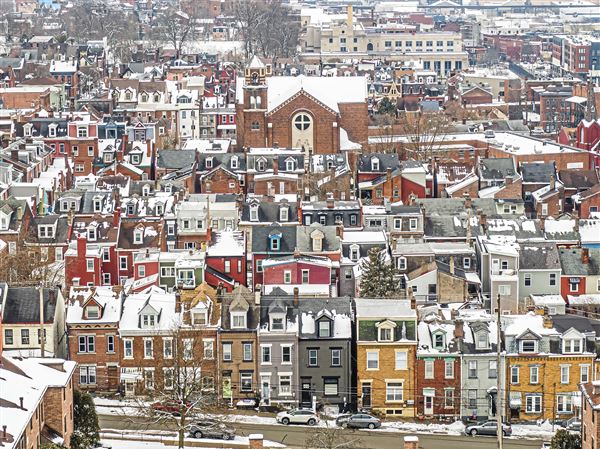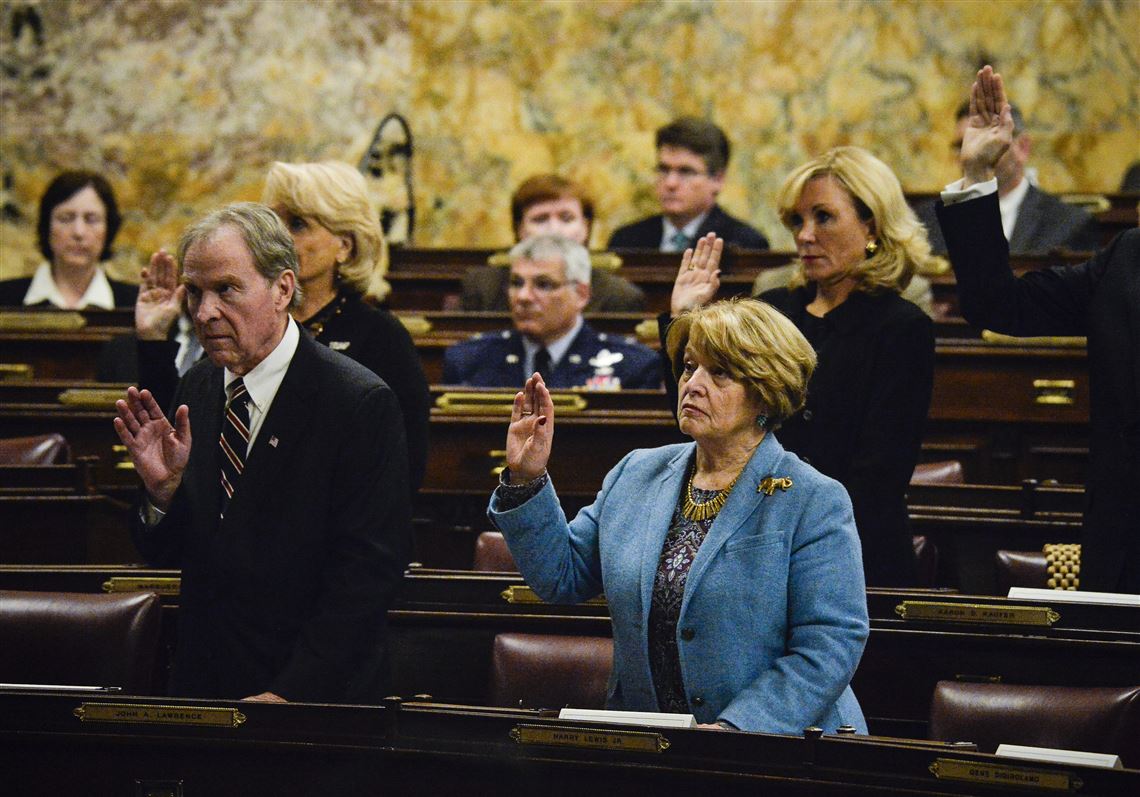The Supreme Court on Friday said it will consider whether states may punish or replace “faithless” presidential electors who refuse to support the winner of their state’s popular vote, or whether the Constitution forbids dictating how such officials cast their ballots.
Lower courts have split on the question, and both red and blue states urged the justices to settle the matter in advance of the “white hot” glare of the 2020 election. They say they fear a handful of independent-minded members of the electoral college deciding the next president.
“It is possible that a presidential election could turn on just a few disputed electoral votes cast in purported violation of state law,” said a petition filed by three electors who faced fines from the state of Washington for not supporting Hillary Clinton, the winner of that state’s popular vote in 2016.
“It is not entirely clear how that would play out — but there is a very real risk of substantial unrest, or worse, if that does happen.”
Ten members of the electoral college attempted to freelance after the 2016 election between Ms. Clinton and President Donald Trump. Five of the 58 presidential elections have been decided by smaller margins — mostly recently in 2000, when President George W. Bush defeated Democrat Al Gore by five electoral votes.
A brief filed on behalf of the states said that 32 states and the District of Columbia require electors to vote for the winner of the statewide vote, and it asked the Supreme Court to make clear there is no constitutional prohibition on such laws.
Anything else, the state of Washington told the Supreme Court in its brief, “would mean that only 538 Americans — members of the Electoral College — have a say in who should be president; everything else is simply advisory.”
The motive of those challenging the laws, the state said, “is to destroy public faith in the Electoral College so that the people decide to do away with it.”
Challengers say the Constitution leaves up to states the appointment of electors, but that is all. “There is no mechanism for state officials to monitor, control, or dictate electoral votes,” said a brief filed by Harvard law professor Lawrence Lessig and his group Equal Citizens. “Instead, the right to vote in the Constitution and federal law is personal to the electors, and it is supervised by the electors themselves.”
The court was considering the Washington case, as well as one from Colorado.
First Published: January 18, 2020, 5:00 a.m.
